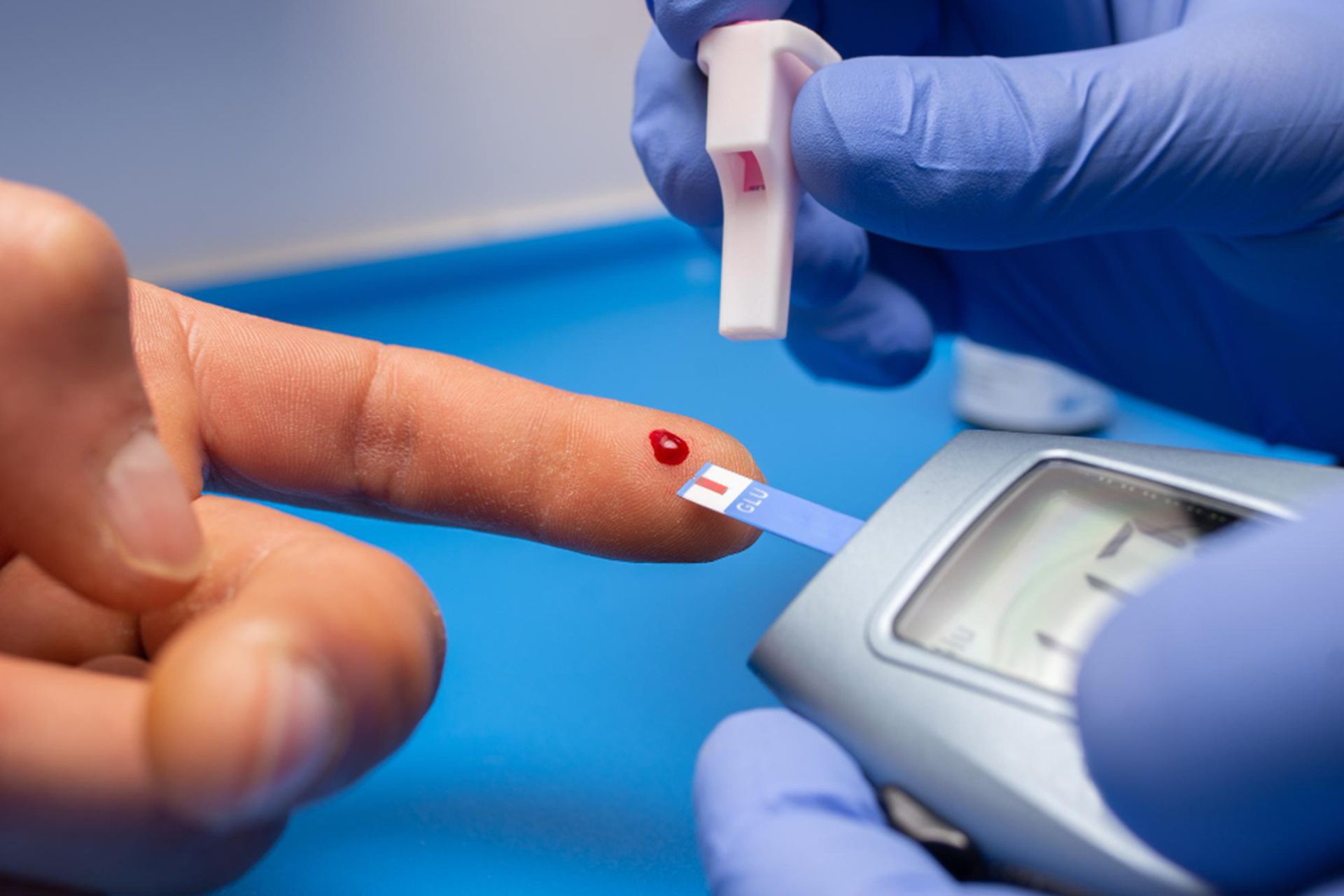Key Considerations for Diabetic Patients Undergoing Plastic Surgery
Let me be straight, I’m not here to explain the textbooks or the definition or statistics of diabetics to you. But if you’re the one who is surviving with diabetes and planning for plastic surgery, then you should know what is what. And you’re probably having mixed emotions of excitement and anxiety. We have experienced or heard of many cases where a type 2 diabetic for over a decade decided to go for an abdominoplasty after significant weight loss. And trust me, the journey wasn’t just about skin. It was about safety, healing, and emotion.
So, if you’re thinking, "Should I do this, or can I even do this?" then here’s the truth: you can do this, and you have to for the satisfaction of the inner you, but there are some things you really need to know before going in.

1. It’s Not about Choosing to Have to or Not, but It’s About Willingness
Clinics that specialize in Plastic Surgery in South Barrington often provide personalized care plans for diabetic patients, ensuring both safety and satisfaction. Here many hospitals or professionals will not tell you that being diabetic doesn’t mean you are disqualified. But if your blood sugar levels are unstable, if your HbA1c is creeping above 8 or 9, most responsible surgeons will ask you to wait. And honestly, that’s a good pick at the right time.
We face many cases where surgeons actually postponed their surgery for a particular time period until the glucose levels improved. At first, many questions get raised, and also in such circumstances the patient may get frustrated, but looking back, it made all the difference in their healing, which was smoother, and they avoided infections that other patients in her support group struggled with.
So no, it’s not about a diagnosis. It’s about your current condition and how well you’re managing it.
2. Healing May Be Longer, but the Patience Will Actually Pay Off
Here is the very bad truth: diabetic patients may heal slowly, mainly when the sugar level fluctuates after the surgery.
What will this look like in the patient's real life?
● Wounds may stay pink or swollen longer.
● Sutures might take an extra week or two to settle.
● You might need more follow-ups than your non-diabetic friend who had the same procedure.
So, this is not a failure, but it is all about your body and how it is responding. And also, the mentally strong will be at the side of positiveness because of the pre-preparation for it; it won’t catch you off guard. Many patients will swear by two things: their glucose monitor and a good wound care routine. Checking the sugar like clockwork and following the post-op cleaning steps like a ritual. That dedication will really pay off.
3. Your Surgeon Should Know Diabetes
Always choose a board-certified Plastic Surgeon in Chicago who has experience treating diabetic patients and is transparent about the risks and custom precautions needed for your condition. Don’t just pick the classiest or most glamorous clinic that is famous on social media, but choose the one that is actually staffed with well-qualified, properly certified specialists and also should know the patient’s diabetic condition, whoever they are operating on.
This will give us a lot of confidence. They may not promise perfection. Instead, they walk through every risk, every possibility, and how they’d handle it along the way.
If your surgeon doesn’t ask detailed questions about your diabetes, how long you’ve had it, what meds you take, and your last HbA1c, that’s a red flag and completely a big “NO.”
4. The Proper Timing of the Medications Around Surgery Is Actually a Big Deal
Many of the blogs often lack this point, but we felt we had to let you know that it is incredibly important. If you’re on insulin or oral meds like metformin, your dosage and timing will likely need to be adjusted around the day of surgery. Why? Because surgery is a stressful event for the body. And stress hormones like cortisol can spike your blood sugar. Combine that with fasting, anesthesia, and being immobile, and you've got a lot going on in your body.
In many cases, the anesthesiologist and endocrinologist spoke before the surgery. They created a simple insulin schedule, and the hospital monitored her sugars every few hours. That coordination? Lifesaving.
5. You Have to Know Every Step Of “Recovery”
We often picture recovery as lounging around with ice packs and Netflix. But when you’re diabetic, it involves a bit more:
● Blood sugar checks—daily.
● Hydration—like it’s your job.
● Regular movement—even gentle walking—to boost circulation.
● Real food—not just soups or crackers, but protein and fiber.
And most importantly, asking for help. You can’t do this alone. Whether it’s a spouse, a friend, or a home nurse for a week, just plan for backup.
6. It's Okay to Do This in Stages
For example, if you're planning liposuction in Chicago along with a tummy tuck, it might be safer to space them out for better healing and glucose control. Here’s something no brochure will admit: doing multiple procedures at once isn't always the best choice for diabetics. Even if you dream of a full-body makeover, don’t feel bad if your doctor recommends breaking it into smaller surgeries with recovery time in between.











